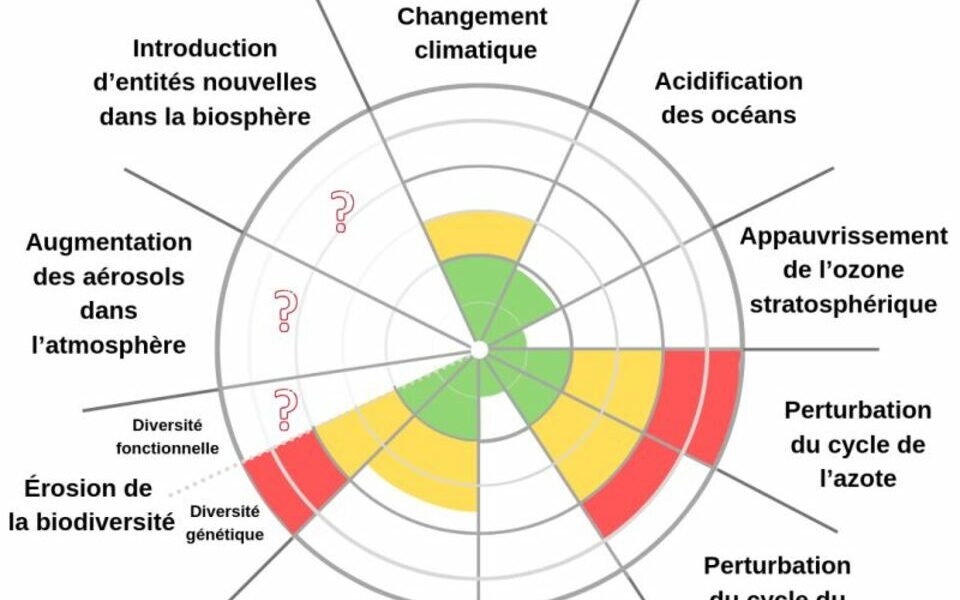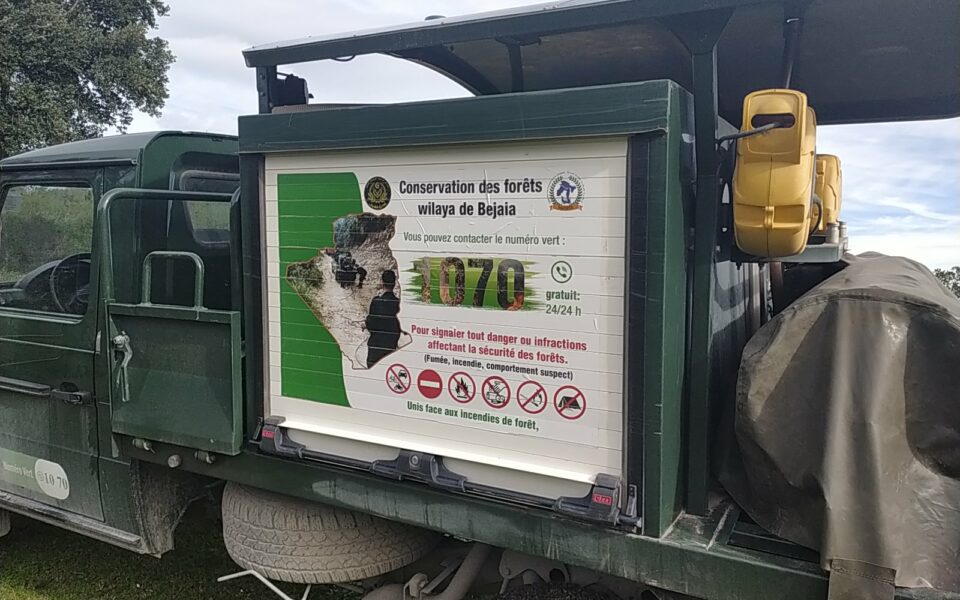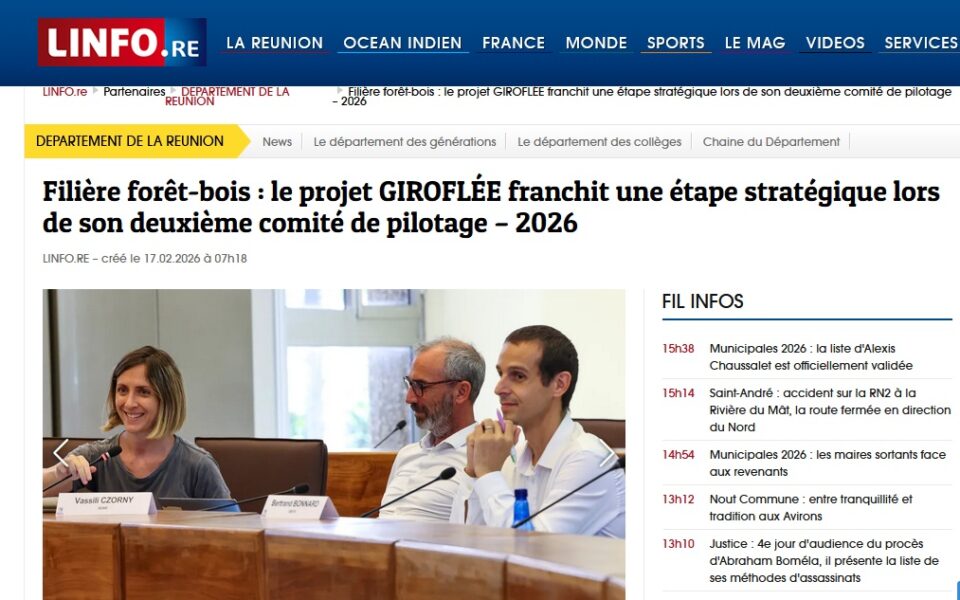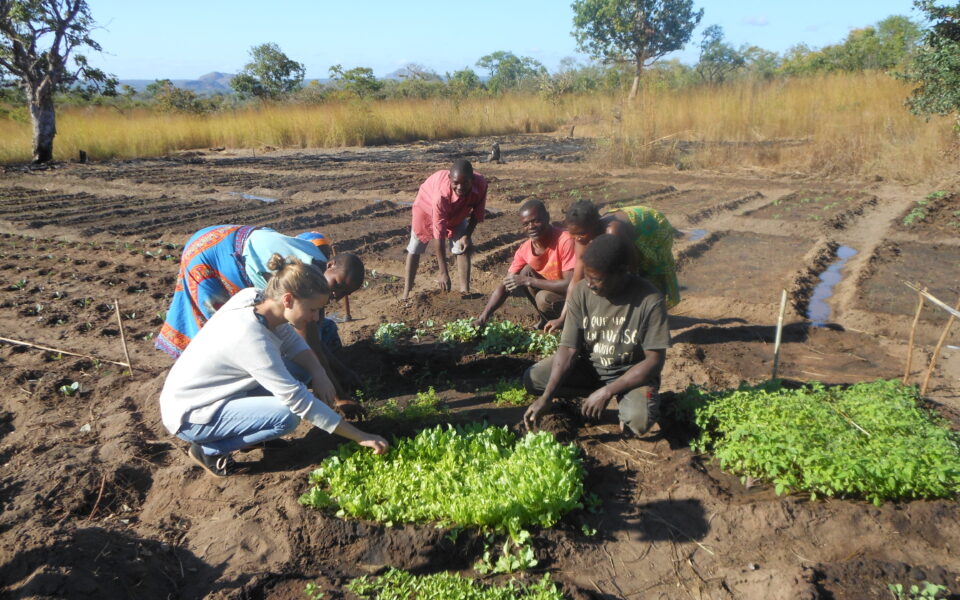News

5 June 2023
World Environment Day celebrates its 50th anniversary!
One year after the First Earth Summit, UNEP launches the 1st World Environment Day, celebrated on 5 June 1973 with the slogan "One Earth".
Each year, this day is an opportunity to highlight the urgent environmental challenges of our time, through the spectrum of a new theme.
The negative impacts of human activities on the Earth’s environmental balances is well established. Thus, four of the nine planetary boundaries (Rockström et al., 2009) already quantified are exceeded or are likely to be exceeded:
Climate change:
In its latest report (AR6, 2022), the IPCC estimates that global warming has already reached +1.07°C over the period 2011-2020 compared to the period 1850-1900.
Biodiversity erosion:
The 6th mass extinction of biodiversity is underway. We told you about it two weeks ago, on World Biodiversity Day.
Land use change:
Changes in land use have serious consequences for the environment: loss of biodiversity and ecosystem services, soil erosion, risk of flooding and mudslides, increased greenhouse gas emissions, etc.
Disruption of nitrogen and phosphorus biochemical cycles:
The excessive discharge of reactive nitrogen and phosphorus into water (agricultural surplus, wastewater insufficiently treated for phosphorus) leads to significant environmental damage: anoxia of the oceans, eutrophication of continental freshwater, proliferation of green algae, etc.
SalvaTerra does its part to limit environmental crises and supports conservation and rural development projects, reconciling sustainable management of terrestrial ecosystems and the creation of market wealth for local populations. We offer services on the following five environmental themes:
– Adaptation to climate change
– Climate change mitigation
– Climate strategies and policies
– Sustainable land restoration and management
– Preservation of biodiversity
Illustration: Planetary boundaries, on the our-environment portal.
A lire aussi...

20 Feb. 2026
Mission à Béjaïa : vers un système intégré d’alerte précoce et de réponse rapide aux feux de forêt
Dans le cadre de notre appui à la Wilaya de Béjaïa, une mission de terrain s’est tenue entre Alger et Béjaïa afin de poser les bases d’un dispositif structuré de prévention, d’alerte et d’intervention face au risque incendie.

19 Feb. 2026
On parle de nos travaux dans le cadre du projet Giroflee – Gestion Innovante des Ressources Forestières pour une Energie durable dans la presse réunionnaise !
"Cette rencontre a marqué une étape à mi-parcours avec la présentation des résultats intermédiaires du projet, notamment la restitution finale de l’étude stratégique des acteurs et des flux de la filière forêt-bois réunionnaise réalisée par le bureau d’étude SalvaTerra. Cette étude a permis d’établir une vision consolidée de la filière en cartographiant ses acteurs, en analysant les flux existants et en identifiant les principaux leviers et enjeux économiques, techniques et organisationnels du territoire (...)".
